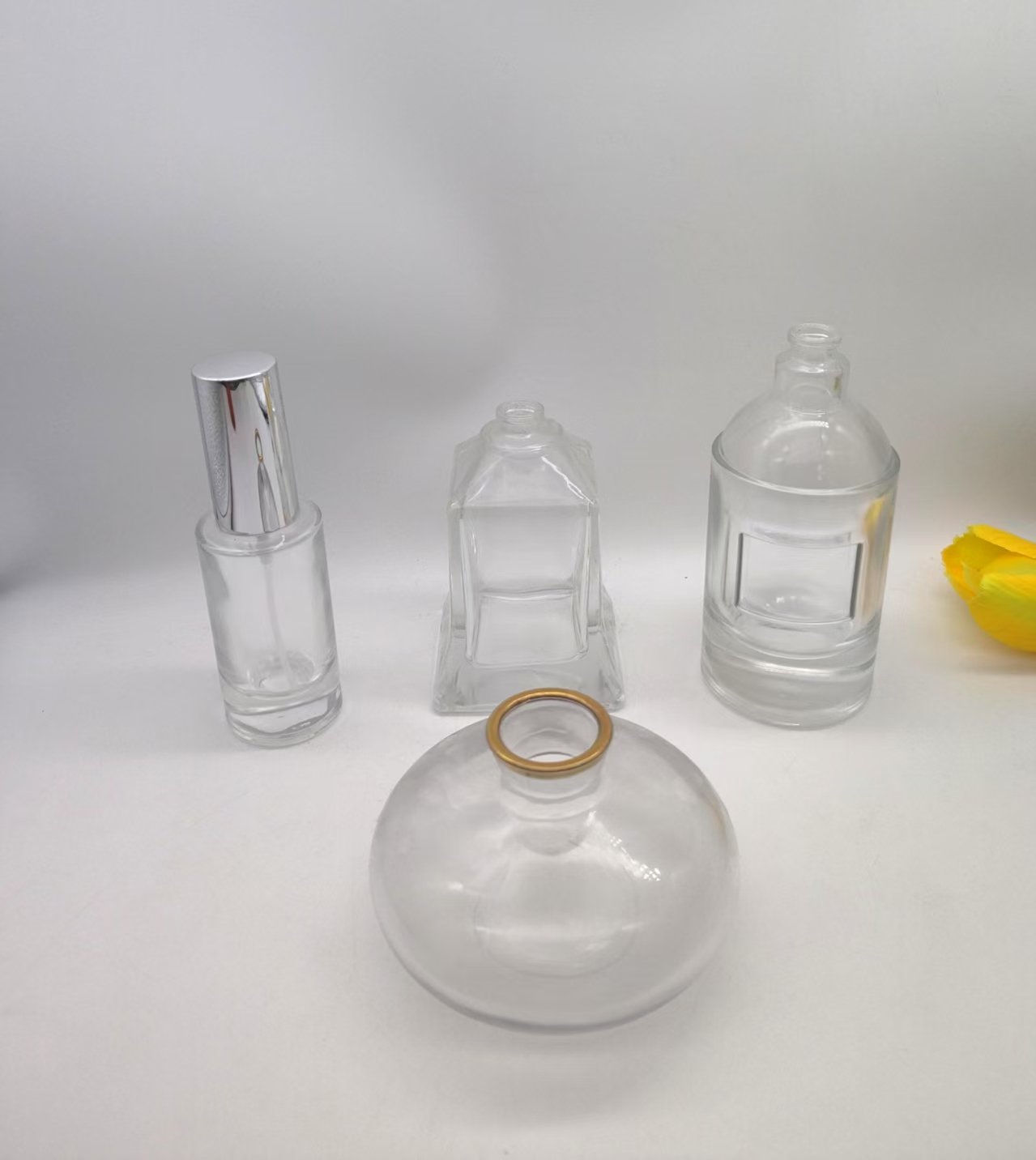Glass bottles serve multiple purposes; they are not just containers but also a sustainable choice for various liquids and products. Here are some frequently asked questions about glass bottles that will help you understand their benefits and uses better.
1. Why is glass a good material for manufacturing glass bottles?
Glass is an excellent choice for bottles due to its non-reactive properties, which means it preserves the taste and quality of the contents without leaching harmful chemicals. Additionally, glass is recyclable and environmentally friendly, making it a sustainable option.
One major advantage of glass bottles is that they do not affect the quality of the contents, making them a preferred choice for beverages.
2. Which things can you store in a glass bottle?
You can store a wide range of items in glass bottles, the versatility of glass makes it suitable for both food and non-food items. Some of them including beverages like water, juice, and soda, sauces, oils, perfumes/fragrances and personal care products.
3. What is the chemical composition of a glass bottle?
The primary component of glass is silica (silicon dioxide), along with other materials like soda ash and limestone.The batch mixture comprises these components mixed with recycled glass, known as a cullet. These ingredients are melted together at high temperatures to form the sturdy glass we use in bottles.
4. Is it safe to use a glass bottle or not?
Yes, glass bottles are safe to use. Glass is the only packaging material certified by the U.S. Food & Drug Administration as “generally regarded as safe.”They do not contain harmful chemicals like BPA, which can be found in some plastics. Just ensure that you use bottles designed for food and beverage storage to guarantee safety.
5. Can you freeze glass bottles?
While some glass bottles can be frozen, it’s essential to check the manufacturer’s guidelines. If you want to put a glass bottle in a freezer, ensure the bottle is freezer-safe. One of the properties of glass is that it expands at low temperatures.
Thus, if the glass is not freezer-safe, the glass bottle might have cracks. Generally, it’s best to leave some space at the top of the bottle to allow for expansion when the liquid freezes.
6. Can you reuse glass bottles and jars?
Absolutely! Glass bottles and jars are designed for reuse. Just make sure to clean them thoroughly before repurposing to ensure hygiene and safety. Some of the uses of glass bottles and jars include: DIY projects, storage, plantation, etc.
7. Is a glass bottle categorized as renewable or non-renewable?
Due to their recyclability, glass bottles are an excellent choice for environmentally conscious consumers.
Glass is the only material that is infinitely recyclable. The same is the case with glass bottles since they are made of glass. Not just glass bottles are renewable, but they are endlessly recyclable. They can be recycled repeatedly without losing quality.
A used glass bottle is the main source of producing a new one. This makes them a sustainable choice for consumers looking to reduce their environmental footprint.
8. What is the average number of times you can use a glass bottle?
The number of times you can reuse a glass bottle depends on its condition and the care it receives. Glass milk bottle can be washed and reused around 25-30 times on average before recycling, depending on the number of times it’s returned. Generally, glass bottles can be reused indefinitely as long as they remain intact and free from cracks.
9. Is the use of glass bottles hygienic?
Yes, glass bottles are hygienic. They are nonporous and impermeable, so there are no interactions between glass packaging and products. They can be easily sanitized, and their non-porous surface does not harbor bacteria or odors like some plastics might. Since glass does not produce extra particles and is non-reactive, it is the perfect packaging material for glass bottles and jars and has an inherently longer shelf life than any packaging material.
10. Are glass bottles strong enough?
Choosing glass bottles not only benefits the environment but also enhances the experience of consuming products stored within them.
Glass bottles are quite strong, particularly those made from tempered glass. However, they can break if dropped or subjected to extreme temperature changes. Proper handling will ensure their longevity.
Glass bottles are not just a practical choice but also an eco-friendly option. By choosing glass over plastic, you’re making a positive impact on the environment. ZILING is a professional glass bottle supplier in China, feel free to contact us to communicate the industrial knowledge.

